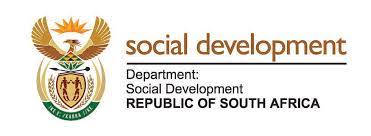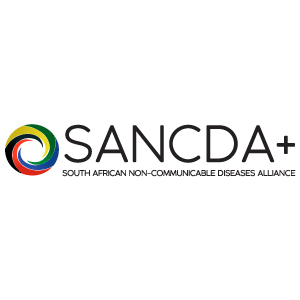Tag: human rights
SANCDA+ strategic plan 2022 -2022
Our approvd strategic plan see how we are doing. How can we improved?
2015 Rights of persons with disabilities White Paper.
There has been no advance on this policy since the gazetting of the White Paper in 2016. Health equity is a m...
3rd NCDs+ National Strategic Plan 2022-2027 final published version
For real, this is the final version with corrections made to figures 4 and 6...now to implementation
Annexure A: NCDs+ timeline, policy, interventions from 2006 version 26 Jan
A NCDs+ tool showing the policy, publications and events that shape the current human rights neglect in South...
NCDs+ human rights complaint SAHRC Jan 2022
People living with NCDs+ experience at least 7 neglected human rights according to the South African Constitut...





